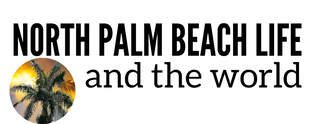|
Our tour guide informs us about the Ylang-Ylang tree (Photos by Gerry) Pam and I love to travel -- pretty obvious by taking one look at this website -- and besides the allure of new places and experiences, it truly is educational. Every time we venture forth, we always learn something we didn't know.
Take the Ylang-Ylang tree, for example. Deep in the rainforests of northeastern Puerto Rico, our tour guide stopped to grab a few buds from one of the tropical trees around us. "This is a Ylang-Ylang tree," he said, holding the buds in the palm of his hand. "Have you heard of Chanel perfume?" he asked. Of course. "This is used in making it." To demonstrate, he rubbed the buds between his fingertips and invited us to smell. We could tell right away it had that floral scent you find in many perfumes. And just like that, we learned something we didn't know. Ever-curious, I had to find out more at the source of all knowledge these days: Wikipedia. The latter informed, "the fragrance of ylang-ylang is rich and deep with notes of rubber and custard, and bright with hints of jasmine and neroli, thus it is sometimes described as heavy, sweet, and carries a slightly fruity floral scent." Further, it has other uses as well as perfume: -- "The essential oil is used in aromatherapy" for high blood pressure, skin problems and is even considered an aphrodisiac (buying your significant other Chanel No. 5 might bolster that claim). -- In Indonesia, "ylang-ylang flowers are spread on the bed of newlywed couples." --In the Philippines, its flowers are made into necklaces that also "adorn religious images." Who knew? Wanting to smell better as we trekked into the rainforest, I grabbed a few buds myself and rubbed them on my neck. "No," Pam said, laughing, "it doesn't work that way." I think I better stick to buying the finished product.  Self-driving cars continue to be a hotly-debated topic as governments grapple with safety and logistical issues. The general public is pretty divided as well. But did you read about what could be the next step in self-driving ideas? It's reported that Ford wants to patent an application that would permit a car to repossess itself when the owner doesn't make payments. In such situations, the car could be commanded to lock its doors and drive itself to the lender or an impound lot. But, according to the story on Business Insider, it would have other options at its disposal for delinquent borrowers, such as: -- Turn off the air conditioning or radio -- Limit the driving range by day of the week -- Disable cruise control, the radio or GPS Then there's this: "The computer could also prompt the car to start emitting an 'incessant and unpleasant sound' whenever the driver is there." Shades of the HAL 9000 from "2001: A Space Odyssey." But why stop at cars? Slow to pay on that new refrigerator? Watch as the temperature starts to rise. Funny, my TV now only gets three channels. And try washing clothes with the rinse cycle turned off. Not fun. Can anything stop technology from taking over our lives, determining our future and ruling supreme over everything we do? Only one thing: Pay your bills on time. 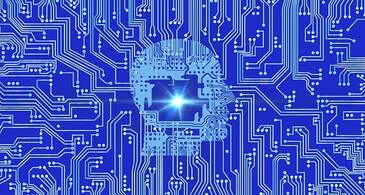 Artificial Intelligence. Or simply, AI. The darling of science fiction writers for many years, it has now firmly moved into the mainstream with the meteoric rise of ChatGPT, the chatbot app that many users tout means the end of Google. Ask it anything. It "allows you to chat and converse with a mind-blowing assistant using state-of-the-art language processing AI BOT," so says its developers. By the way, in case you were wondering, "GPT" stands for "generative pre-trained transformer." Better to stick with the initials. There are wildly divergent opinions on AI. Super-techie Elon Musk has said artificial intelligence is more dangerous than nukes and will doom Mankind. He is quoted in one story that it poses “a fundamental risk to the existence of human civilization.” Come on, Elon, don't sugarcoat it. The late Stephen Hawking agreed with Musk, while Facebook's Mark Zuckerberg reportedly sees those views as an overreaction. The worry, of course, is that AI will become so powerful, it will grow beyond man's ability to control it. Humans will, in effect, become irrelevant as machines evolve to pursue their own destinies. As mentioned, this has been fodder for Hollywood for some time. Go back and watch the 1964 film, "Fail Safe," when the President, played by Henry Fonda, has to make an impossible decision when a computer malfunction sends one of our bombers to nuke Moscow and can't be recalled. Or more recently, the AI-empowered robots of "Ex Machina," who turn on their human creators. Good or bad, there's no question it's a fascinating topic. I was especially intrigued with this recent story, published in Fast Company, entitled: "AI can explain the meaning of life and the answer will surprise you." It focuses on a new book, "What Makes Us Human: An Artificial Intelligence Answers Life’s Biggest Questions," written by Iain Thomas, poet and novelist, and Jasmine Wang, technologist and philosopher. When asked that really big question humans have asked themselves for millennia, AI came back with three answers. The first of those is love. Quoting from the authors: "Love is the meaning of everything. Love is the purpose behind our lives; the reason why we’re here. The AI came back to it again and again in many different ways." Second, "the idea that we should return to the present moment—that Heaven, Paradise, is found within this present moment. As soon as we start to leave it, and we start to dwell on the past or become anxious about the future, we begin to suffer." And third -- which "AI returned to again and again in a way that was perhaps much more prevalent than the other two" -- was connection, "that we are fundamentally connected to each other and to the universe around us." Three simple truths that great thinkers, poets, artists and religious leaders have espoused and recognized almost since we first asked that question of ourselves. The Beatles knew it: "All You Need is Love." Romeo and Juliet knew it. Love is the one emotion that gives us comfort in the face of a cold and indifferent universe. As musician Steve Winwood sings in "Higher Love:" "Think about it, there must be higher love Down in the heart or hidden in the stars above Without it, life is wasted time Look inside your heart, I'll look inside mine" Then the idea of living in the present. Carpe Diem. Make the most of every moment of your life. With time our most precious commodity, that one is hard to argue. Of course, physicists have a hard time of pinning down just what "present" means in the vast scheme of time. What exactly is that moment, sandwiched between what is past and what is future. Maybe that's another question for AI to answer. Lastly, the idea everything is connected. On small scales, it could be Kevin Bacon's six degrees of separation; on cosmic scales, it means we are truly one with the universe. Buddhists have known that for thousands of years. Dust off your copy of "Siddhartha" and give it another read. Just as we send robot spacecraft to report on hostile environments, maybe it's a good idea to dispatch AI down intellectual rabbit holes, even if, in the end, it validates what we already knew. As to whether AI will eventually rule supreme and end the world as we know it, only time will tell. Many would say Mankind is speeding us toward that already. |
AboutYes, I know it's spelled like "Jerry." No, I don't know why it's pronounced "Gary." Archives
March 2024
Categories |
- Home
- Cruise News
- Gigi in the 561
- Blogs
- Video
-
Travel
- Snaps >
- Island Destinations
- October Odyssey >
- Pam - Traveling in Style
-
Road Trip!
>
- Road Trip! -- Tucumcari, New Mexico
- Road Trip! -- The Painted Desert
- Road Trip! - Sedona, Arizona
- Road Trip! - Sedona Wineries
- Road Trip! Tonto Natural Bridge State Park
- Road Trip! - Mogollon Rim
- Road Trip! - Verde Canyon Railroad
- Road Trip! - Jerome, Arizona
- Road Trip! - California
- Road Trip! - Palm Springs Celebrity Tour
- Road Trip! - Palm Springs Aerial Tramway
- Road Trip! - Festival in Palm Springs
- Road Trip! - Willcox, Arizona and Apple Annie's Orchard
- Road Trip! Willcox Wineries
- Road Trip! Chiricahua National Monument
- Road Trip! Tombstone, Arizona
- Tombstone, Part Two
- Road Trip! - Epilogue
-
Traveling With Joe
>
- Beartooth Highway
- North Cascades National Park
- A Visit to the Philippines
- Grand Canyon National Park
- Glacier National Park
- Yellowstone National Park
- Hiking in Bear Country
- Crater Lake National Park
- Albuquerque Balloon Fiesta
- The Kerrville Folk Festival
- Building Hope in the Rio Grande Valley
- Yellowstone Camping Tales
-
Unknown Yellowstone
>
- Unknown Yellowstone - Heart Lake
- Unknown Yellowstone - Summit Lake
- Unknown Yellowstone - Shoshone Lake
- Unknown Yellowstone - Grizzly Lake
- Unknown Yellowstone - Riddle Lake
- Unknown Yellowstone - Pelican Cone
- Unknown Yellowstone - Mt. Washburn
- Unknown Yellowstone - Specimen Ridge
- Unknown Yellowstone - Avalanche Peak
- Unknown Yellowstone - Divide Creek
- Contact
- Search
|
© COPYRIGHT 2024 ALL RIGHTS RESERVED.
|
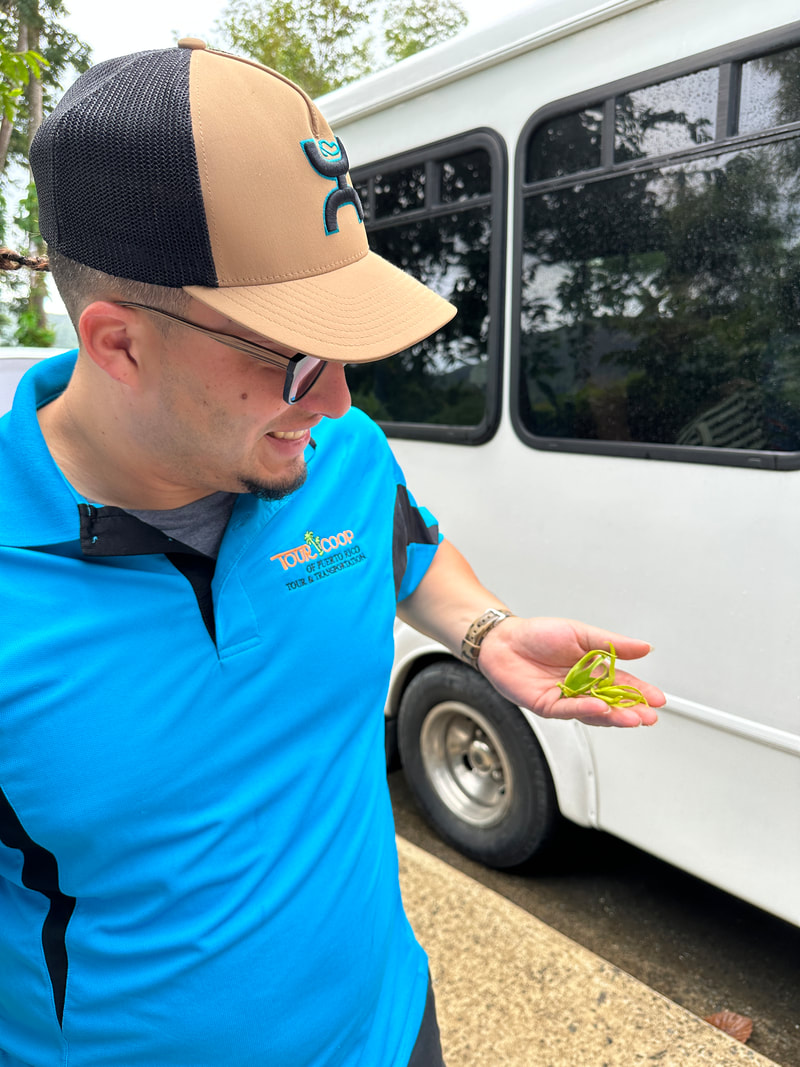
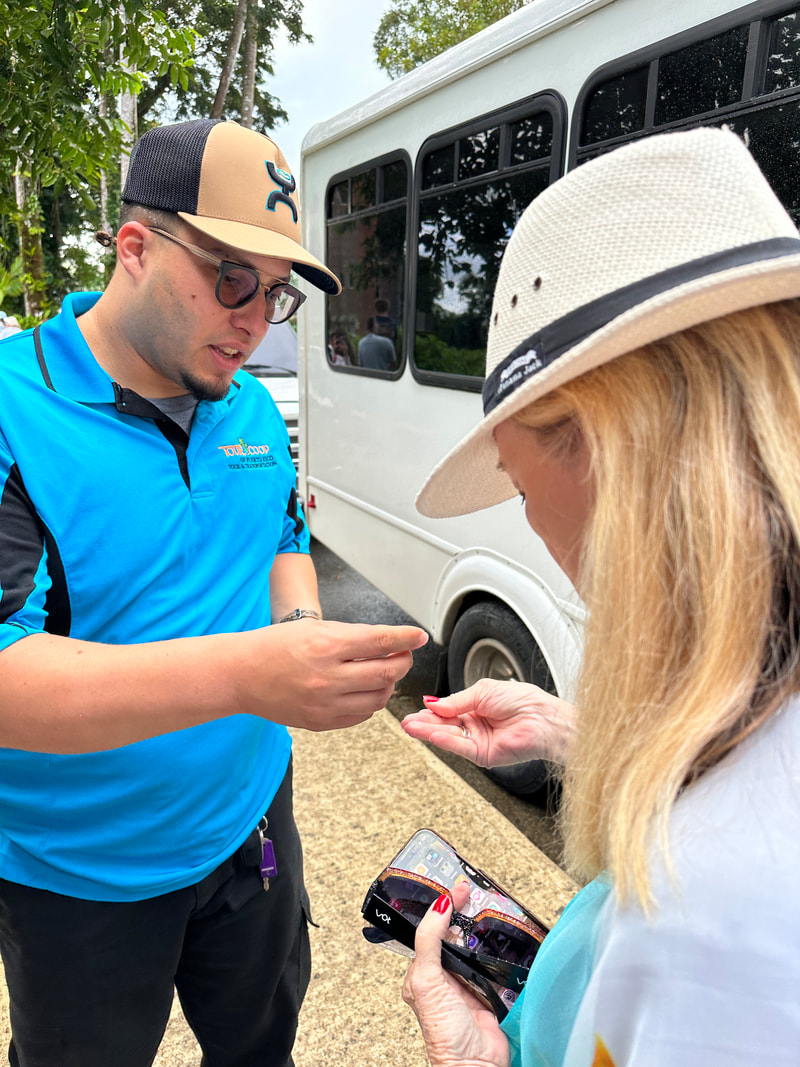
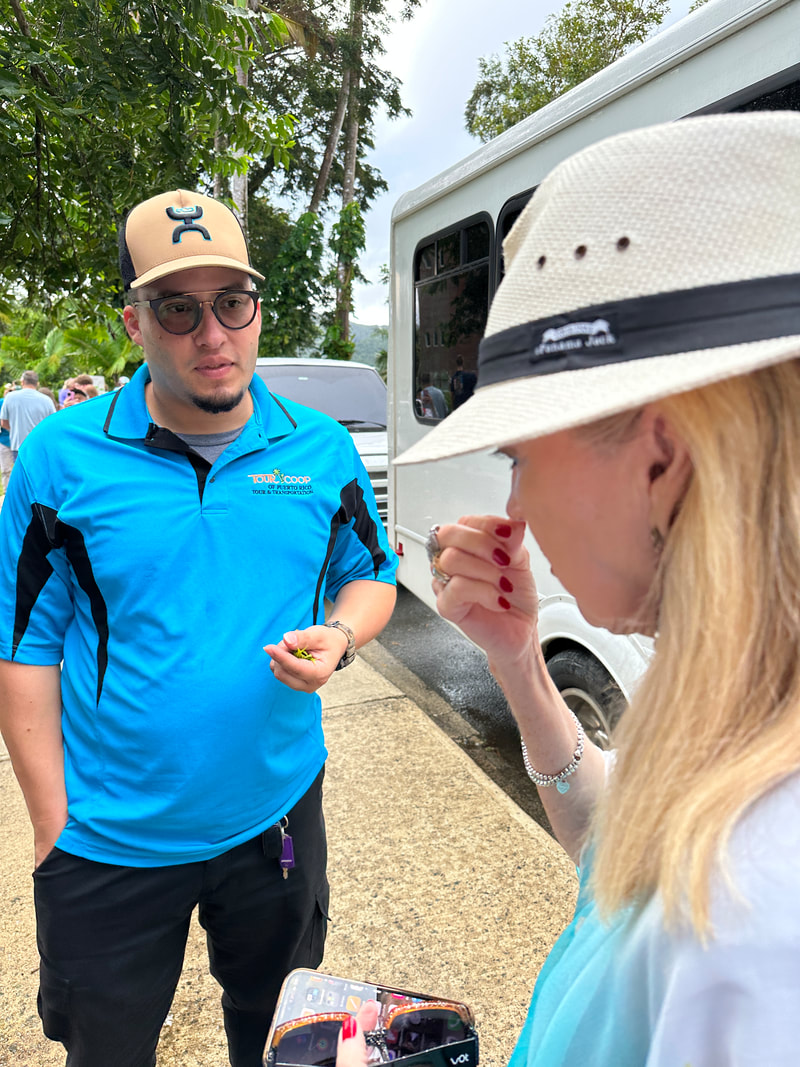

 RSS Feed
RSS Feed
